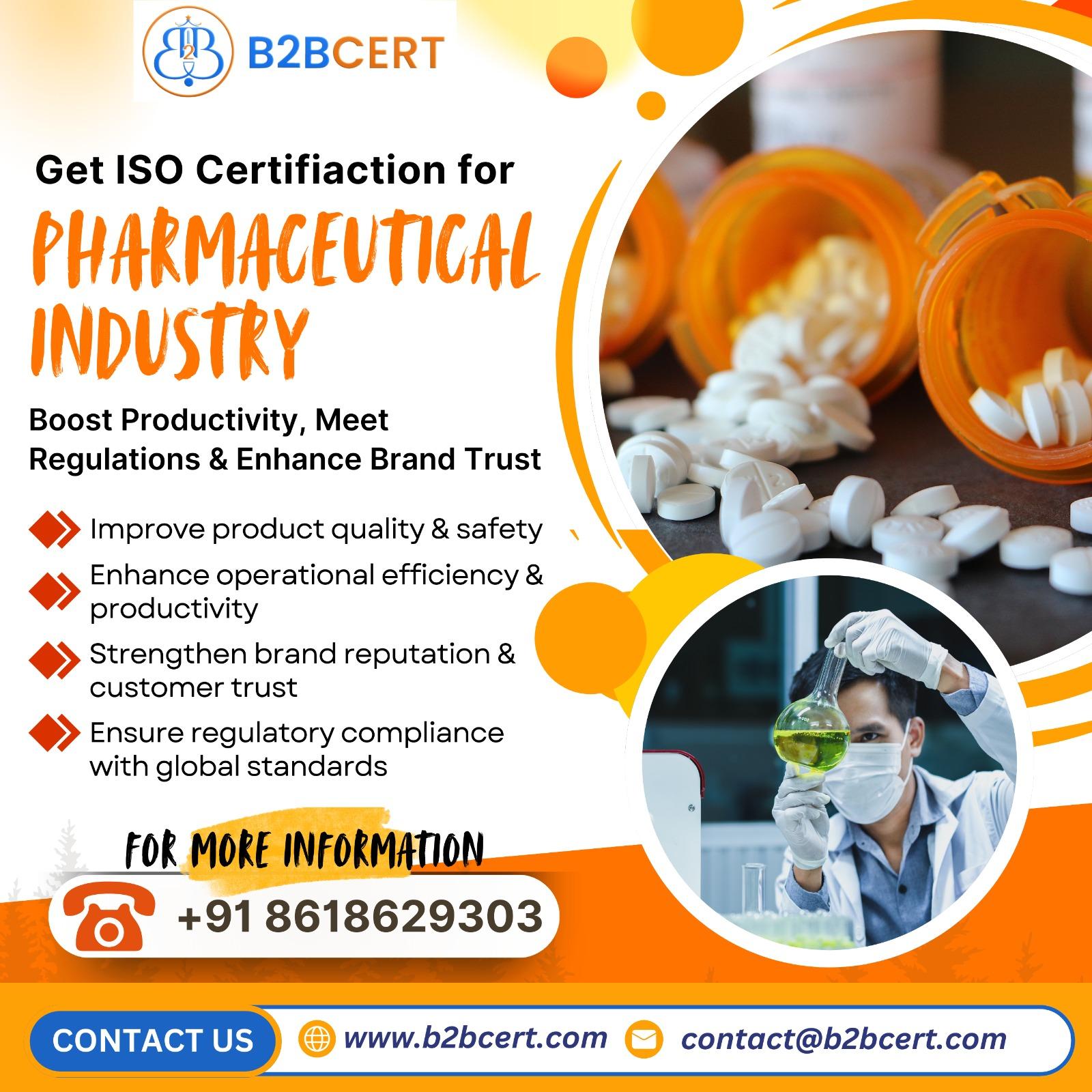How Should a Laboratory Demonstrate Conformity to the Standard During an Audit?

Laboratories that aim to ensure competence, reliability, and credibility in their testing and calibration services must align their operations with ISO/IEC 17025, the globally recognized standard for laboratory quality and technical competence. Achieving and maintaining ISO 17025 Certification in Bangalore is not only a mark of excellence but also a key requirement for laboratories seeking international recognition.
During an audit—whether internal or external—laboratories must demonstrate conformity to the standard by providing clear evidence of compliance with each clause of ISO 17025. This article explores how laboratories can effectively prepare for and demonstrate conformity during an audit, ensuring successful certification and continuous improvement.
1. Understanding the Audit Process
Before the audit begins, laboratories should understand the type of audit they are facing. Internal audits are conducted by the laboratory to evaluate its compliance, while external audits are performed by accreditation bodies to confirm adherence to ISO 17025 requirements.
The primary goal of an audit is not to find faults but to assess how well the laboratory’s management system and technical operations conform to ISO 17025. A well-prepared laboratory can confidently showcase its competence, impartiality, and consistent operation.
2. Documentation and Record Control
A cornerstone of ISO 17025 compliance is proper documentation. Laboratories must maintain an updated Quality Manual, Standard Operating Procedures (SOPs), calibration records, and test reports.
During an audit, auditors will examine whether these documents are properly controlled, approved, and versioned. All records—such as training files, equipment calibration certificates, and environmental monitoring logs—should be easily retrievable.
Well-maintained documentation demonstrates that the laboratory operates in a controlled and traceable manner, meeting both management and technical requirements outlined in ISO 17025.
3. Competence of Personnel
ISO 17025 emphasizes that laboratory results are only as reliable as the competence of the personnel conducting the work. Auditors typically evaluate whether staff members are qualified, trained, and authorized for their specific duties.
Laboratories should maintain training records, job descriptions, and competence assessments. Evidence of ongoing professional development, internal training, and proficiency testing should also be available.
Working with experienced ISO 17025 Consultants in Bangalore can help laboratories develop robust training programs and maintain competence matrices that align with the standard’s expectations.
4. Equipment Calibration and Maintenance
Accurate test and calibration results depend heavily on the condition and performance of laboratory equipment. Auditors will verify that all equipment used in testing or calibration is properly calibrated, traceable to national or international standards, and maintained regularly.
Laboratories must present calibration certificates, equipment maintenance records, and performance verification logs. Any out-of-tolerance conditions should have documented corrective actions.
Engaging professional ISO 17025 Services in Bangalore can help laboratories establish effective calibration schedules, equipment registers, and preventive maintenance plans that meet the requirements of the standard.
5. Method Validation and Measurement Uncertainty
One of the key technical aspects of ISO 17025 is method validation. Laboratories must demonstrate that their test and calibration methods are fit for purpose and yield accurate, reproducible results.
Auditors often request evidence of method validation studies, such as repeatability, reproducibility, and accuracy data. Additionally, laboratories must calculate and document measurement uncertainty for all quantitative results.
Proper documentation of these processes reflects a laboratory’s technical competence and its ability to deliver consistent, reliable outcomes—both of which are vital for maintaining ISO 17025 Certification in Bangalore.
6. Handling of Samples and Data Integrity
During an audit, auditors will examine how laboratories handle samples—from receipt and storage to disposal. Proper labeling, traceability, and environmental control are crucial.
Furthermore, data integrity has become a major focus area in modern audits. Laboratories must ensure that data is recorded, processed, and stored securely, without unauthorized alterations. Audit trails, electronic records, and access controls all serve as proof of compliance.
7. Internal Audits and Management Reviews
Regular internal audits are a mandatory requirement under ISO 17025. These audits help identify potential nonconformities and areas for improvement before external auditors arrive.
Evidence of completed internal audits, findings, and corrective actions demonstrates a proactive approach to maintaining conformity. Similarly, management reviews should be well-documented, showing that top management evaluates performance metrics, customer feedback, and improvement opportunities.
ISO 17025 Consultants in Bangalore can assist laboratories in planning effective internal audits and preparing for external assessments by identifying gaps and recommending corrective actions.
8. Corrective and Preventive Actions
When nonconformities are detected—whether during internal or external audits—laboratories must respond promptly and effectively. Auditors will expect to see evidence of root cause analysis, implemented corrective actions, and verification of effectiveness.
A structured corrective and preventive action (CAPA) system not only addresses issues but also prevents recurrence. This continuous improvement mindset is a key component of ISO 17025 compliance.
9. Customer Communication and Complaint Handling
ISO 17025 requires laboratories to handle customer feedback and complaints transparently. During an audit, evidence of how customer complaints are received, investigated, and resolved must be presented.
Effective communication builds trust with clients and shows that the laboratory values quality and accountability.
10. Continuous Improvement and Commitment
Finally, laboratories must demonstrate a culture of continuous improvement. This includes identifying opportunities for process optimization, reducing errors, and enhancing customer satisfaction.
Partnering with reputable ISO 17025 Services in Bangalore helps laboratories not only achieve certification but also sustain long-term excellence through regular reviews, updates, and staff training.
Conclusion
Demonstrating conformity to ISO 17025 during an audit requires thorough preparation, organized documentation, and a strong quality culture. Laboratories that maintain competence, control their processes, and engage in continuous improvement can confidently face audits and achieve lasting compliance.
For laboratories in Bangalore, professional guidance from ISO 17025 Consultants in Bangalore ensures a smooth and successful certification journey. With expert ISO 17025 Services in Bangalore, your laboratory can enhance credibility, improve efficiency, and gain a competitive edge in the global marketplace.

